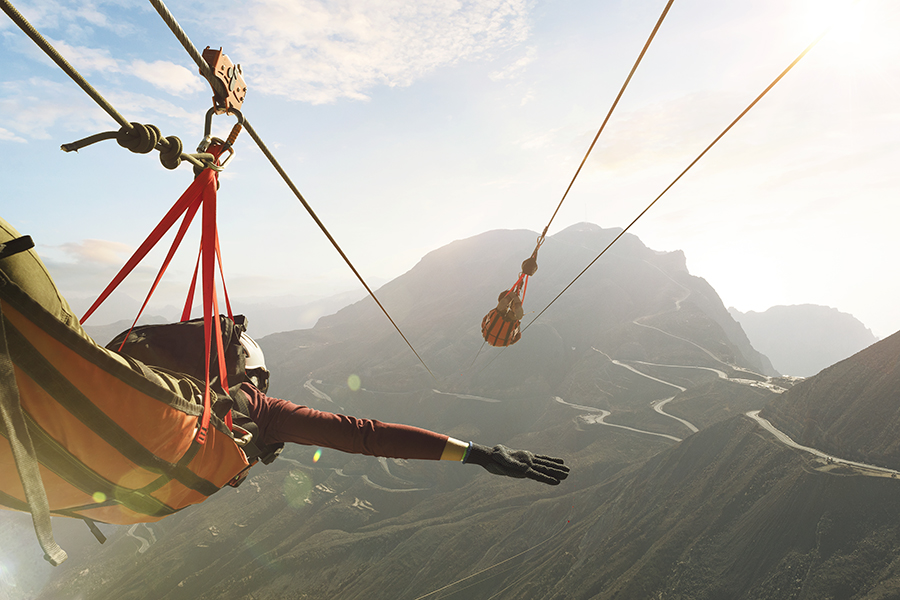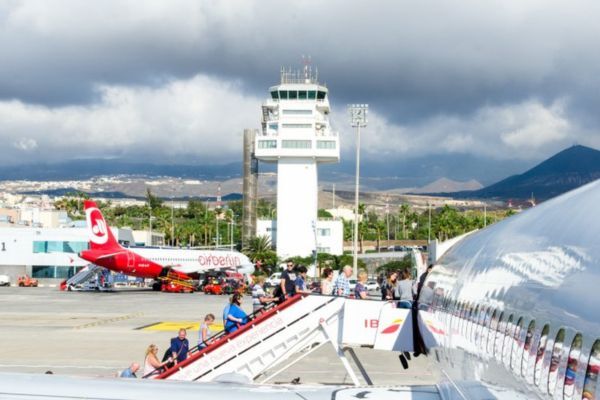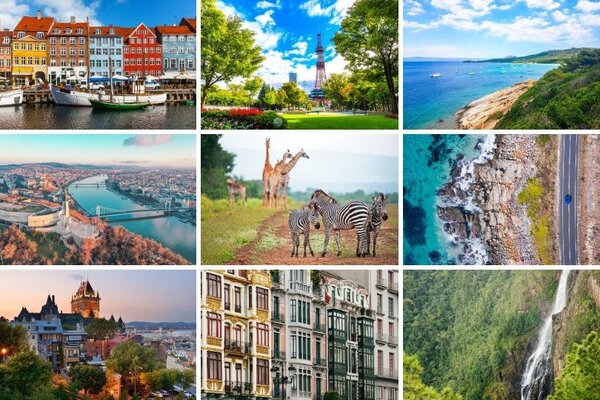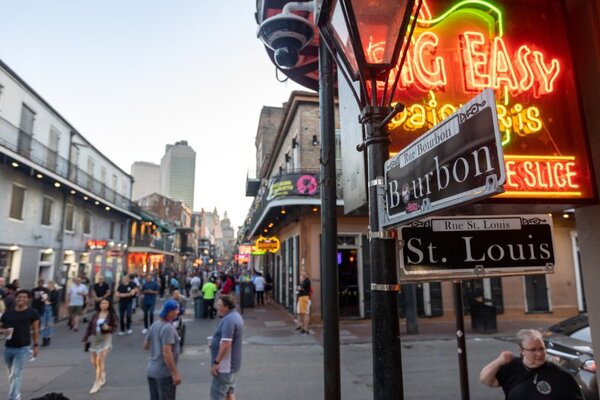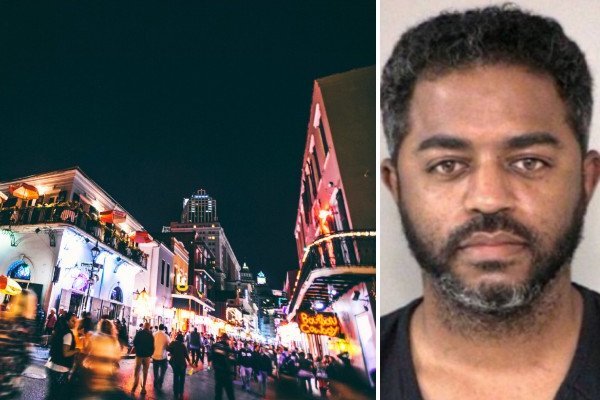Could this be the greatest adventure tourism destination on earth?
Ras Al Khaimah is a natural fit for sports and adventure holidays, says Iyad Rasbey, who oversees trade activities for the tourism authority

How is the UK market performing for RAK?
The UK is one of our top five markets. Last year, we welcomed our highest ever annual visitor numbers, with the UK bringing close to a 10% share of international visitors. During the first half of 2023, Ras Al Khaimah recorded a total increase of 14.8% in international arrivals versus H1 2022. UK visitors stay for an average length of four nights, and we expect the number of UK arrivals to increase as we move into the winter season.
Why is RAK a standout destination for adventure tourism?
Over the last few years, we have strengthened the reputation of Jebel Jais, the highest mountain in the UAE, with a series of exciting projects including Jais Flight, the world’s longest zipline at 2.83km; Jais Sky Tour, a series of six exhilarating ziplines stretching 5km; and Jais Sledder, the region’s longest toboggan ride. Plus the Bear Grylls Explorers Camp, the world’s first Bear Grylls branded accommodation camp offering survival courses; and the Via Ferrata, an exhilarating climb for all levels of mountaineering. Jebel Jais is also home to UAE’s highest campsite, Camp 1770, the perfect base when hiking across the Emirate’s 80km of mountain trails.

How can visitors experience authentic culture?
With a history dating back 7,000 years to the Bronze Age, Ras Al Khaimah has an impressive heritage and rich cultural history with more than 100 archaeological sites. It is also the only Emirate in UAE to have four historical locations on Unesco’s tentative list of Global Heritage Sites: Julfar – an ancient port city and trading town; Shimal – an archaeological gem with more than 100 prehistoric tombs; Al Jazeera Al Hamra – one of the last remaining Arabian Gulf towns associated with pearl diving and maritime traditions (which has been deserted since the 1960s); and Dhayah – home to Dhayah Fort, which is the last of its kind in the UAE and dates back to the Late Bronze Age (1,600-1,300 BC).
What opportunities are there in the sports tourism market?
Our destination is building on a strong track record for hosting global sports events, with over 50 held each year, including Ras Al Khaimah Half Marathon, the world’s fastest half marathon; DP World Tour Golf Championship; and WMF Minifootball World Cup, held in October, which marked the first time ever this premier event was hosted in the Middle East. Sport also opens new possibilities for visitors to explore other non-sporting attractions. An event such as Highlander in the mountains of Ras Al Khaimah gives international hikers the opportunity to explore up to 55km of our stunning mountain trails over three days.
What’s in the hotel pipeline?
There are 23 new properties with 7,483 rooms slated to open in the next few years – almost double our current inventory – to meet the rise in demand as we look forward to attracting three million visitors by 2030. In the next 18 months, three hotels are set to open in Ras Al Khaimah, including Anantara Mina Al Arab, Sofitel Al Hamra Beach Resort and Westin Resort. Other projects in the pipeline include Nobu Hotels, W Hotels, Le Meridien and Wynn Resort – all set to open by 2027.
What is Responsible RAK?
Key to our strategy to becoming a regional leader in sustainable tourism by 2025 has been the co-creation of a sustainability measurement and certification programme with EarthCheck. Together, we launched Responsible RAK, a programme that measures data from hotels and attractions against 10 key green performance metrics to devise a roadmap for action. Ras Al Khaimah Tourism Development Authority has been awarded Silver Certification, making it the first EarthCheck certified tourism authority in the region. More than 20 entities are expected to achieve Silver Certification by the end of 2023.
